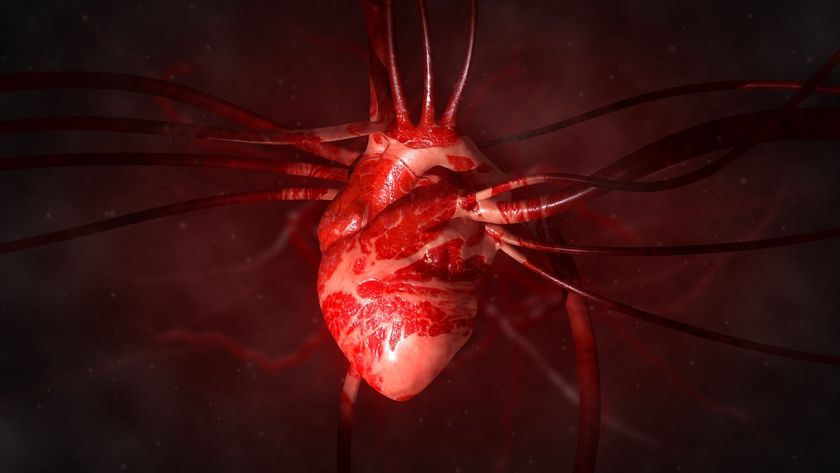Carrie Fisher's Death: What Happens When the Heart Stops Beating?

Actress Carrie Fisher died today (Dec. 27), after suffering a heart attack while on a flight from London to Los Angeles on Dec. 23, People magazine reports. Fisher was 60 years old.
Fisher, who shot to fame in her iconic role as Princess Leia in the "Star Wars" films, is reported to have had a heart attack 15 minutes before the plane landed at LAX, according to TMZ.
An emergency medical technician who was on board the flight administered CPR on the plane, TMZ reported. Once the plane landed, paramedics performed CPR for another 15 minutes before they were able to get a pulse. [Heart of the Matter: 7 Things to Know About Your Ticker]
That means that Fisher would have gone about 30 minutes without a heartbeat. But what happens in a person's body when the heart stops beating?
Without a heartbeat, blood isn't flowing to the organs of the body, including the brain and the heart, said Dr. S. Jacob Scheinerman, the chairman of cardiovascular and thoracic surgery at Lenox Hill Hospital in New York City. Scheinerman was not involved in Fisher's case.
When a person doesn't get enough blood flow to his or her brain, for example, that person loses consciousness, Scheinerman told Live Science. And losing consciousness may then cause a person to stop breathing, he said.
This combination — a lack of blood flow and a lack of oxygen in the blood — can only be fixed by getting blood moving to the heart or brain again, Scheinerman said.
Sign up for the Live Science daily newsletter now
Get the world’s most fascinating discoveries delivered straight to your inbox.
This is where CPR comes in: During CPR, chest compressions are used to artificially cause the heart to pump blood, Scheinerman said. Five to 10 minutes without a heartbeat — and without CPR — is enough to cause irreversible brain damage, he added.
But even if a person is given good CPR, time still plays a role.
For example, if it takes 30 minutes to get a heartbeat, the likelihood of being able to recover is "very slim," Scheinerman said.
Even if a person's heart starts beating again, it's not uncommon for that person to have experienced serious damage to other organs, such as the brain or the kidneys, due to a lack of blood flow, Scheinerman said.
Originally published on Live Science.




